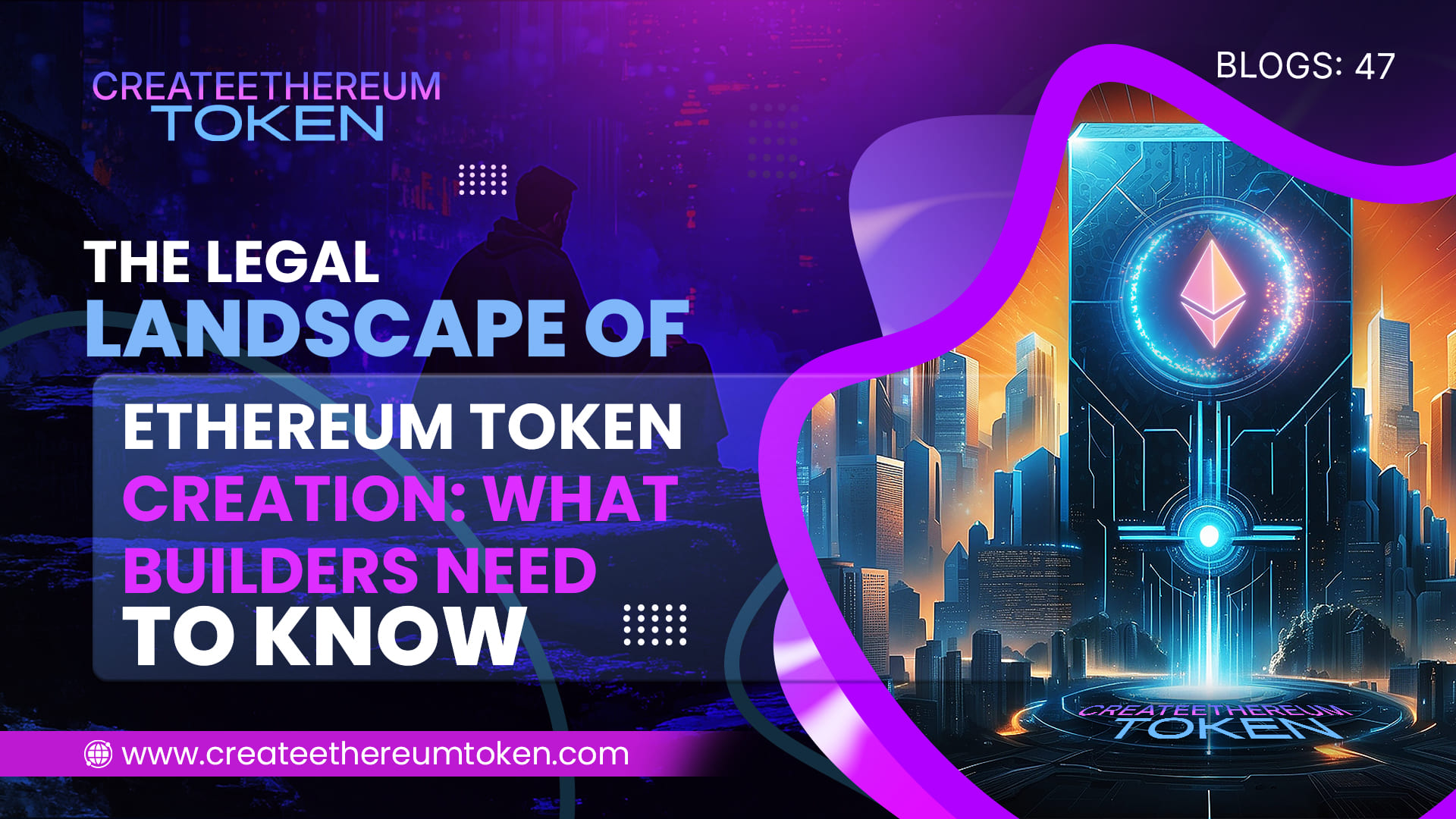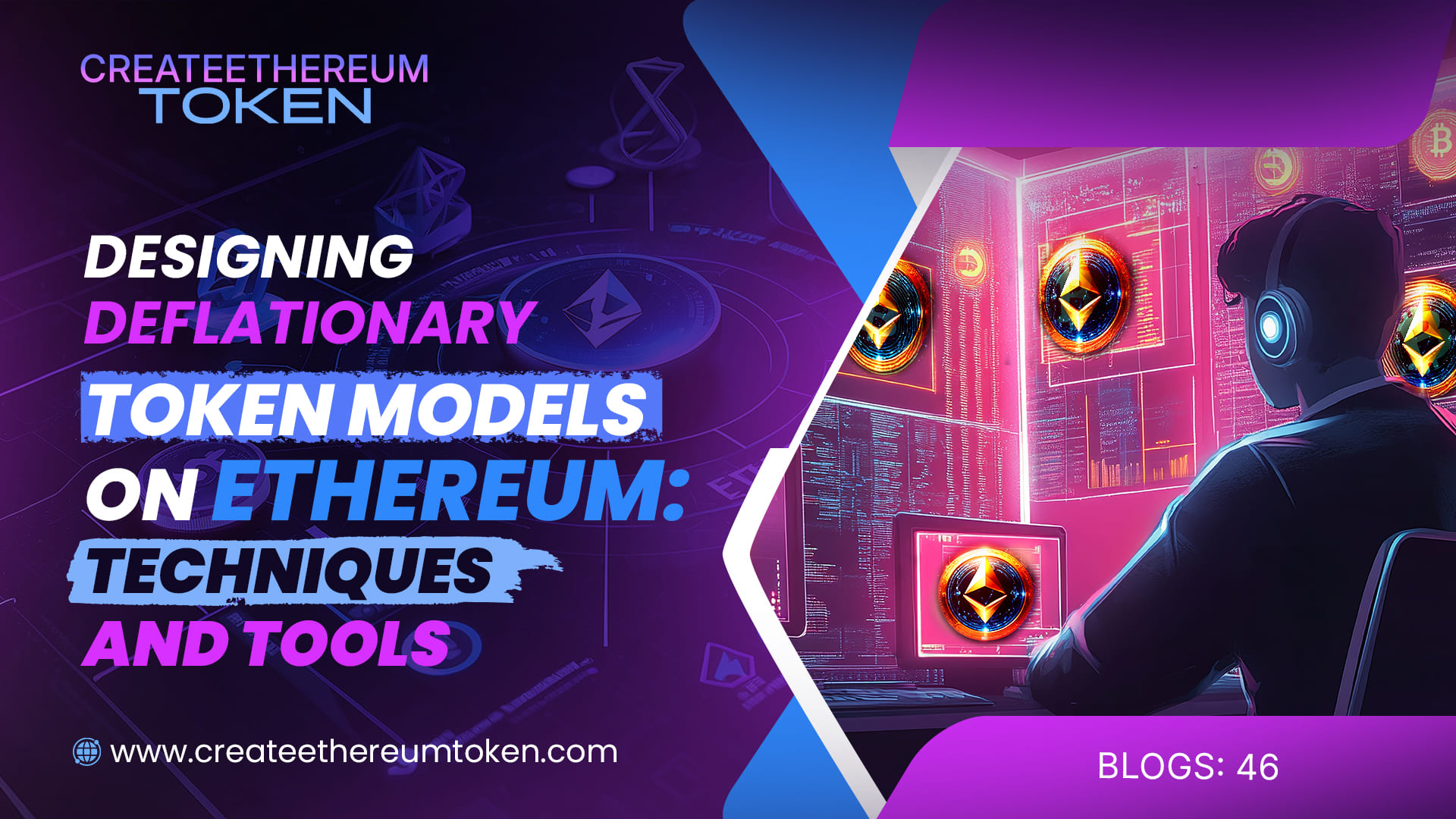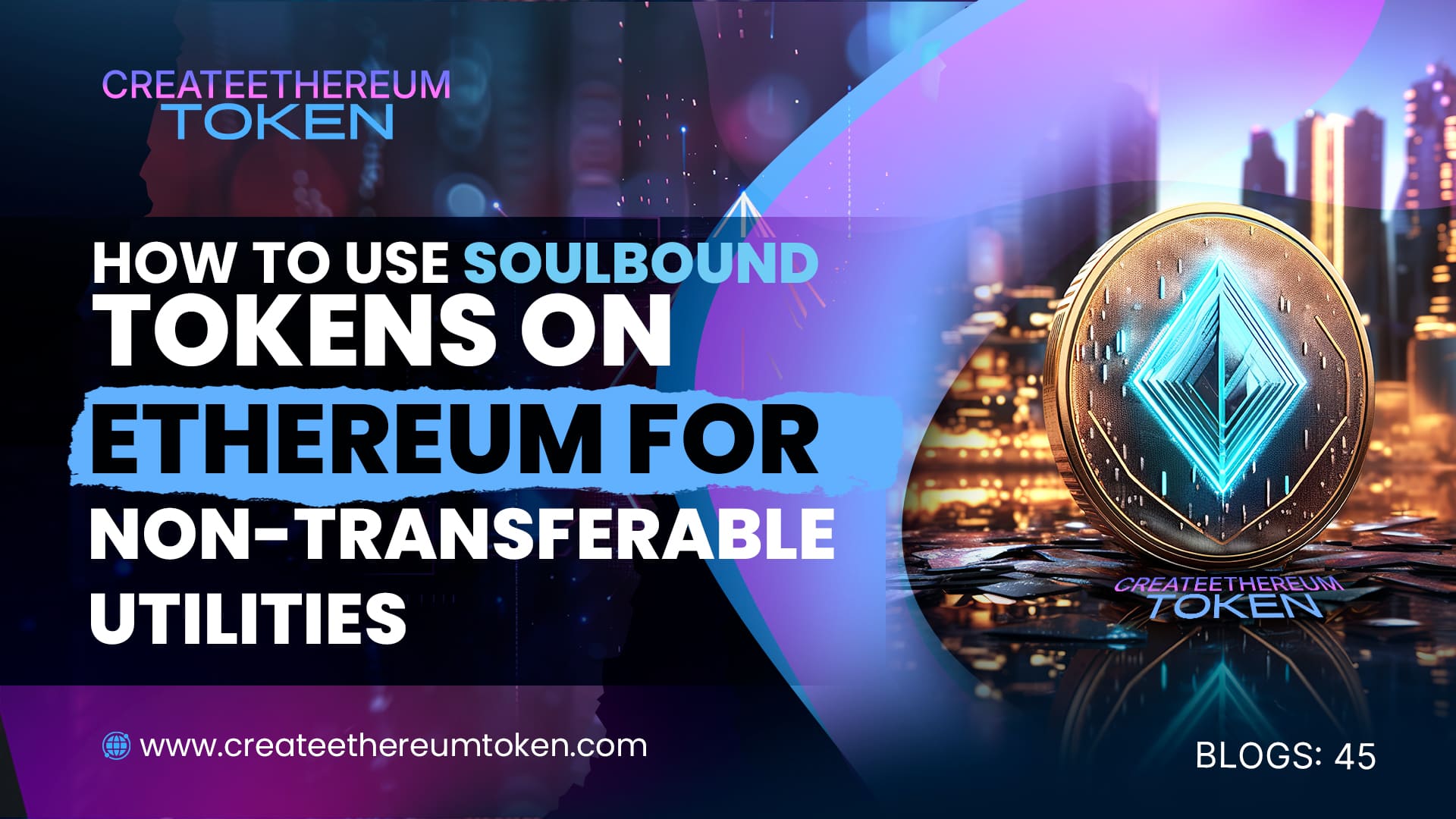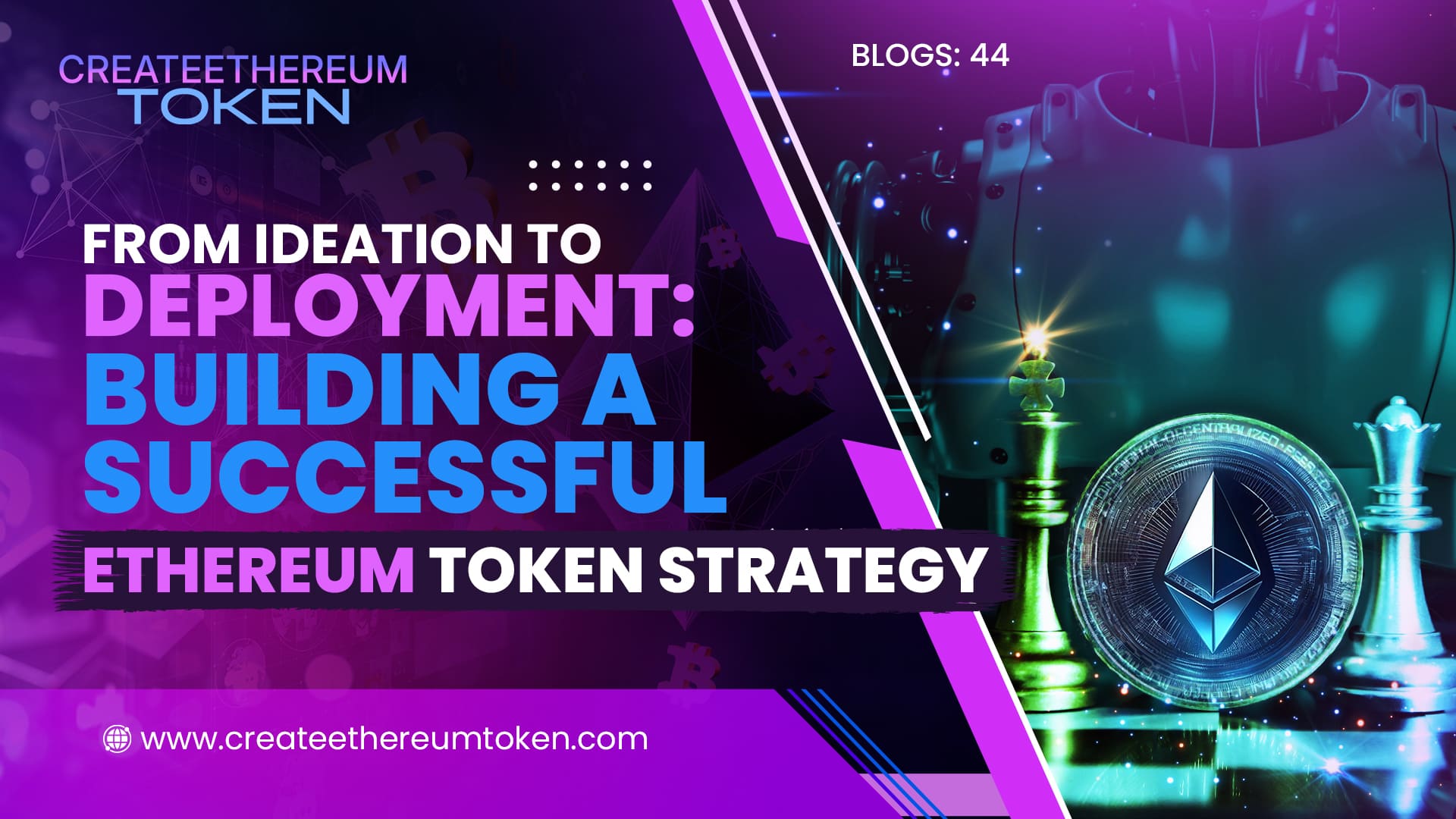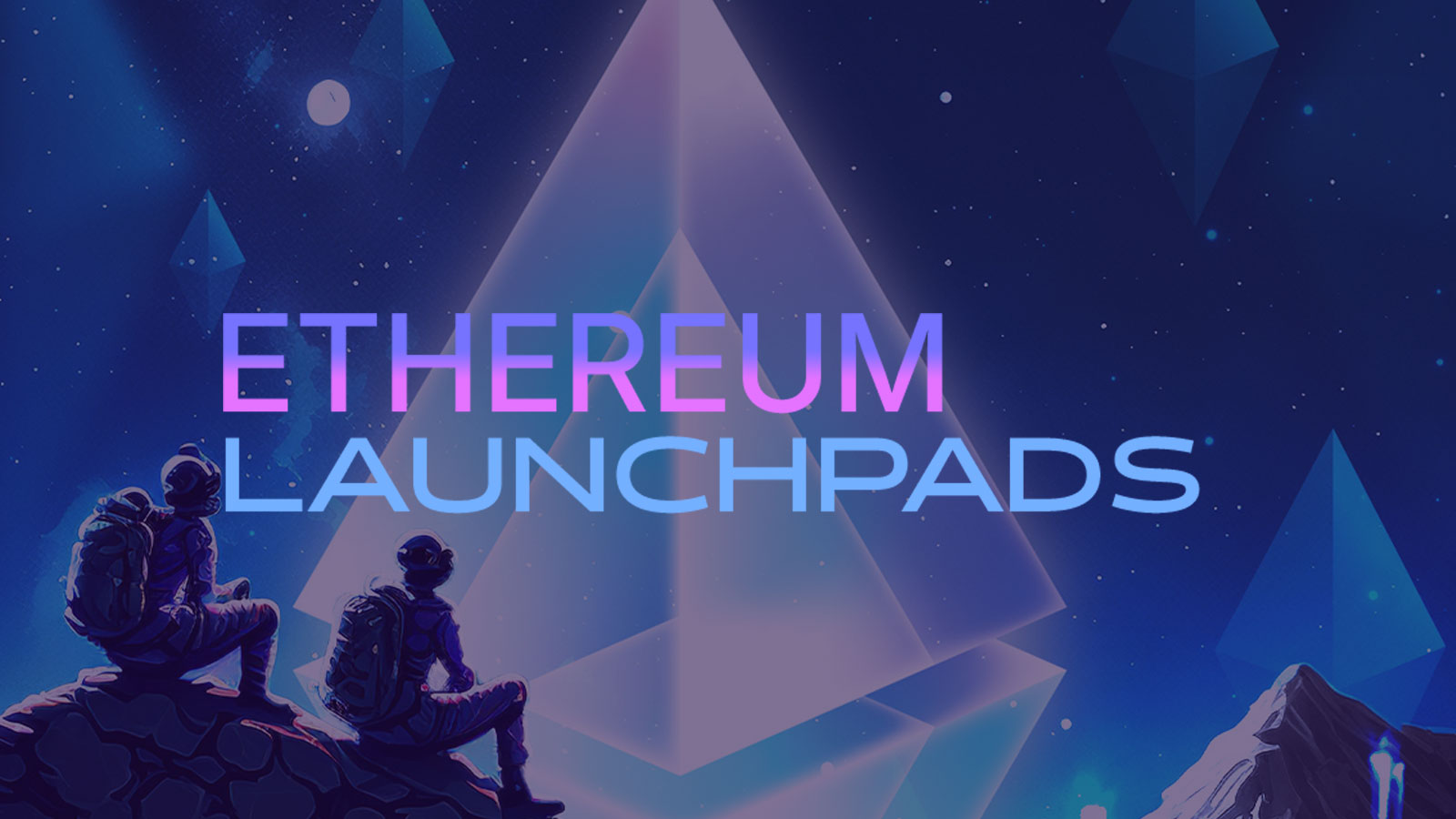December 17, 2024
How to Develop Governance Tokens for DAOs Using Ethereum
Decentralized Autonomous Organizations (DAOs) are revolutionizing decision-making in blockchain projects. At the heart of these organizations lies governance tokens, which empower community members to vote on proposals and influence the project’s future. Ethereum, with its robust ecosystem and smart contract capabilities, is the go-to platform for creating governance tokens.
This guide explores the steps, features, and considerations for developing governance tokens for DAOs using Ethereum.
What Are Governance Tokens?
Governance tokens enable token holders to participate in the decision-making process of a DAO. Holders can vote on proposals, changes to protocols, budget allocations, and more. Governance tokens ensure transparency, decentralization, and active community engagement in project management.
Why Use Ethereum for Governance Tokens?
Ethereum provides a secure, scalable, and developer-friendly platform for creating governance tokens, with the following advantages:
- Established Ecosystem: Ethereum’s extensive tools and developer community streamline token development.
- Smart Contracts: Ethereum enables complex logic for voting systems and tokenomics.
- Interoperability: Ethereum governance tokens integrate seamlessly with DeFi platforms, wallets, and other blockchain applications.
Steps to Develop Governance Tokens for DAOs on Ethereum
1. Define Tokenomics
Design a clear economic model for the token, including supply, distribution, and utility. Consider:
- Total Supply: Decide the total number of tokens to be minted.
- Allocation: Determine how tokens will be distributed (e.g., to founding teams, community members, or for staking rewards).
- Utility: Define the governance token’s use cases, such as voting, staking, or accessing DAO-specific features.
2. Choose the Right Token Standard
Ethereum offers multiple token standards suitable for governance tokens:
- ERC-20: Ideal for fungible governance tokens.
- ERC-721 or ERC-1155: Suitable for projects requiring non-fungible or hybrid tokens.
3. Develop and Audit Smart Contracts
Write smart contracts to handle token minting, voting mechanisms, and governance rules. Ensure contracts include:
- Voting Logic: Mechanisms for weighted voting based on token ownership.
- Proposal Management: Functions to submit, approve, and execute proposals.
- Token Transfer Rules: Define transferability and staking conditions.
It’s crucial to audit smart contracts with a reputable firm to ensure security and prevent vulnerabilities.
4. Implement a Voting System
Create a voting framework that allows token holders to participate in DAO governance. Common voting methods include:
- Direct Voting: Each token represents one vote.
- Quadratic Voting: Prioritizes community consensus by giving smaller holders more influence.
- Weighted Voting: Larger token holders have greater voting power.
5. Launch the Token
Deploy the governance token on the Ethereum blockchain. Use tools like Remix, Hardhat, or Truffle to simplify deployment. Ensure the deployment aligns with the project’s tokenomics and governance rules.
6. Distribute Tokens to the Community
After deployment, distribute tokens through:
- Airdrops: Reward early supporters or contributors.
- Token Sales: Raise funds for the DAO through public or private sales.
- Staking Rewards: Incentivize participation in the ecosystem.
7. Integrate with DAO Tools
Integrate governance tokens with DAO platforms like Aragon, Snapshot, or Colony. These tools simplify governance operations, including proposal creation, voting, and fund management.
Best Practices for Governance Token Development
- Focus on Security: Regularly audit smart contracts and implement security features to protect against exploits.
- Encourage Community Engagement: Design mechanisms to involve token holders in the decision-making process actively.
- Plan for Scalability: Ensure the DAO and token infrastructure can handle growing participation.
- Stay Compliant: Adhere to local regulations to avoid legal issues related to token distribution and usage.
Conclusion
Governance tokens are the backbone of DAOs, enabling transparent and decentralized decision-making. By leveraging Ethereum’s robust ecosystem, developers can create powerful governance tokens that empower communities and drive innovation. With careful planning, smart contract development, and community engagement, your DAO can thrive in the blockchain landscape.

